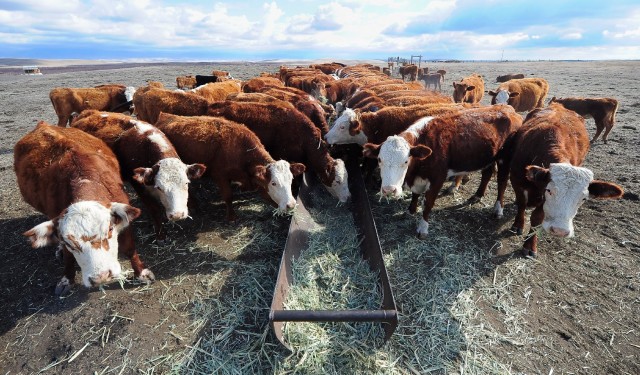
Last week, Petaluma company Rancho Feeding Corp. was forced to recall nearly 9 million pounds of beef that had come from its slaughterhouse. Although no human illnesses have been reported, the recall was enacted because of diseased animals processed in the plant. Because the 9 million pounds of beef came from over 1,000 producers, the list of products that use the meat is long. The nearly full list of items recalled because of the tainted beef can be found here.
Christine Bruhn, a PhD in consumer behavior and food science at UC Davis, said that if you have food that has been recalled -- meat or vegetables -- you should return it to the place you bought it and receive a refund.
"If there's been a recall, that's serious and it's not to be taken lightly," said Bruhn.
People often think that if the food doesn't look bad or doesn't taste bad -- even though it's been recalled -- then it's fine, but that's absolutely not the case, said Bruhn. There have been more than a few examples, she said, of people knowing their food was recalled, but thinking they could just cook it longer or that it seemed ok, and then getting sick from the bacteria or contamination.
"Don't eat it. Don't try to cook it longer. Don't say, 'oh it looks alright,'" she said.